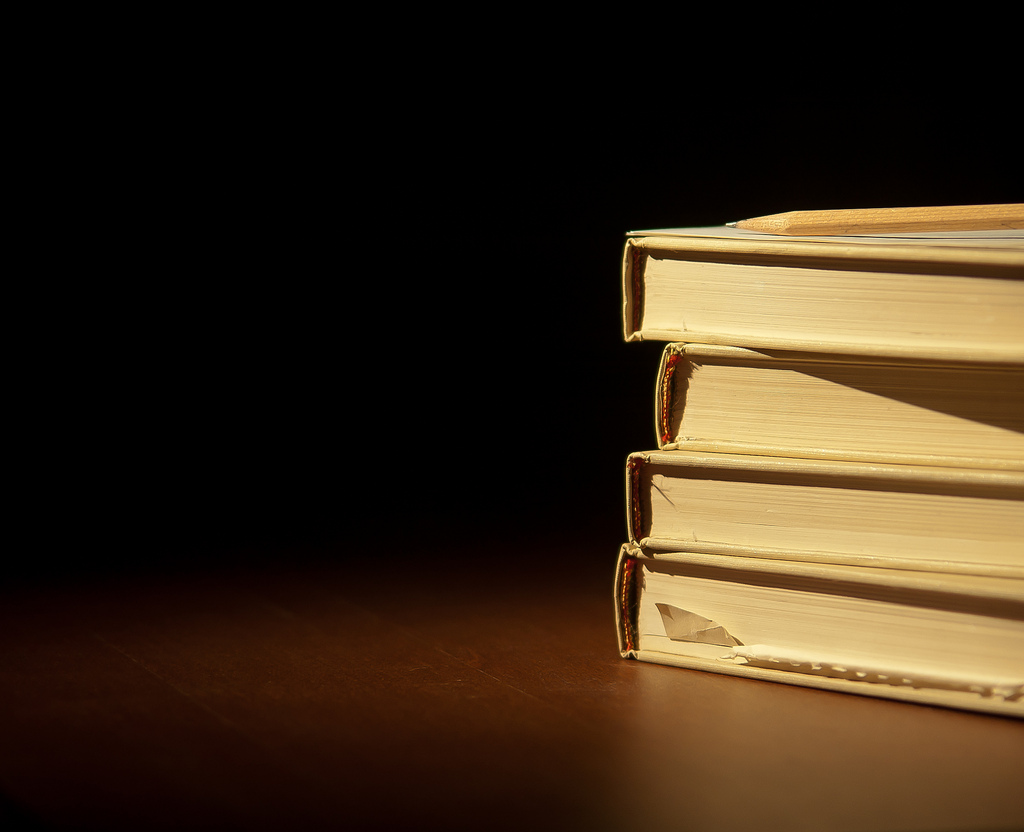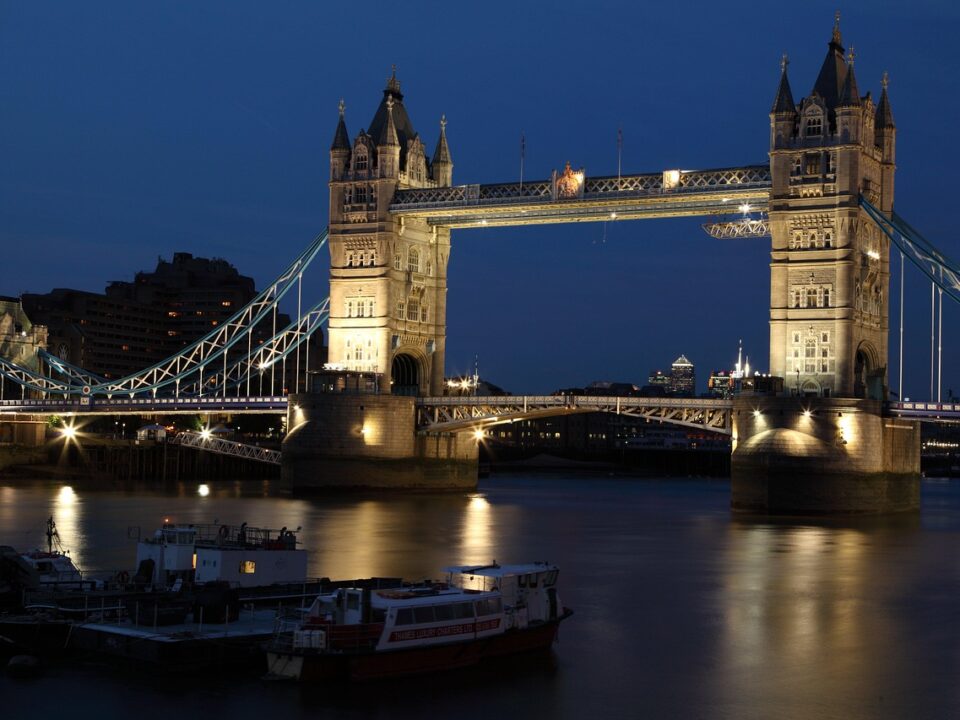
Commercial vs High Street
July 16, 2014
S.13 Sale Of Goods Act 1979, a Myth?
August 6, 2014
No matter how little television you watch, everyone is familiar with television formats such as Britain’s Got Talent or Who Wants to be a Millionaire. The issue with these formats is that, no matter how recognisable they are to the viewer, copyright affords them little protection. Following the traditional rules that govern intellectual property, a television programme attracts many forms of protection. For example, literary protection subsists in the script, the recording of the programme has dramatic copyright and any broadcasts of the programme will also be protected. However, despite not being sufficiently protected, media attention, and complaints of format stealing – or ‘copycatting – suggest it might be time to change the law.
The format of a television programme is the overall concept of the programme and includes its general ‘shape’. Things that may be part of a format include catchphrases or features that recur in each episode. The UK is the largest exporter of formats, with programmes like Strictly Come Dancing, Big Brother, MasterChef and Come Dine With Me, originating from the UK. The reason for traditionally not protecting a format is that it is simply an idea. Article 9 of the Agreement on Trade Related Aspects of Intellectual Property Rights (TRIPS) established that only an expression can be copyrighted, not the idea itself.
A case that demonstrates the harsh reality of the law is Green v Broadcasting Corporation of New Zealand. In Green, the claimant relied on the copying of catchphrases and the use of a ‘clap-o-meter’ to demonstrate the dramatic format of the programme Opportunity Knocks. The court held that the programme lacked the necessary certainty that was required for copyright protection. This case was decided in 1989 and the reasoning may now be outdated. It is unquestionable that society watches more television, and there has been a recent, ever growing, international interest in television formats. They are becoming more commercially important, and have been sold for high prices. Formats now often include comprehensive detail which results in an extensive written work. This work, known as a ‘format bible’, includes the name, logo, music, catch-phrases, questions, software, and set, along with in-depth consultation and after-care which gives the bible owner a ready-made television programme.
The Law in Other Jurisdictions
The Danish courts have acknowledged that there may be a situation in which the formats can be copyrighted. The courts have ruled that the ‘concrete design’ of a programme may attract protection. In the United States, formats may be protected provided there is ‘sufficient unity’, and depending on the ‘concept and feel’ of the programme.
In the 2011 case BBC Worldwide v Mediaset, the Italian court held there was copyright infringement for the copying of the programme Strictly Come Dancing. This was judged on the degree of creativity that the format exhibited, and the copycat show – Baila! – had to change its format to fit in with court stipulations. These cases do not really help. If any protection is given to formats, it will be on an ad hoc basis, with no definitive criteria. The language these courts have used makes it difficult to establish whether a format deserves protection or not.
Recent developments in the UK
Despite being clear that there is no concrete protection for a format, it is an area of copyright that has recently had a great deal of media attention. Brian Belo, winner of Big Brother series 8, has just settled a case out of court for his programme Totally Essex. Most of us will be familiar with The Only Way Is Essex (TOWIE), but Belo argues we should thank him for its creation.
Belo filed a law suit against ITV and Lime Pictures earlier this year claiming they stole the concept that he developed with Sassy Films and Massive TV. What was unusual about Brian Belo’s case was that he had a pilot tape. This tape, which was shown to producers at ITV, contained a few of the same characters and places as TOWIE but was rejected. Shortly after, TOWIE was broadcasted and continues to be hugely popular. If Brian Belo could demonstrate a sufficient degree of similarity, a requisite for copyright protection, he could have relied on the copyright that subsists in his pilot episode. The case, which was due to be heard at the beginning of October, settled before trial. Despite reports that he was seeking £4 million, Lime Pictures and ITV paid Belo £1 million as part of a confidential settlement. Although we cannot predict what the outcome would have been, the pilot, together with the similarities, could have made for a convincing case.
The difficulty with formats
Although the Mediaset case provided evidence that there is some element of protection for format rights, it will not be the iron clad protection associated with copyright. In order to be effective, the law would have to grant a monopoly over the particular format, and granting protection may stifle creativity – going against the very essence of copyright. In addition, to allow copyright to subsist in a format would mean granting protection to the idea behind the programme. This could require a fundamental reassessment of the principles underpinning intellectual property. It could be that ideas can be better protected through the use of other, less comprehensive, intellectual property rights. Confidentiality could be used for anyone involved in the development process or passing off may protect any programmes with sufficient goodwill. Additionally, despite consultation in both 1994 and 1996, the government proved they were unwilling to legislate to protect formats as neither has led to any legislative protection. It does not help that many of the ‘copycats’ are using British formats abroad as any UK provisions would not be enforceable internationally. However, it is not discouraging people from dealing in formats. In 2010, British exports of formats rose by 9 per cent, reaching a record high of £1.39 billion. These figures show that companies are willing to spend the millions of pounds required to buy a license for a programme, suggesting that it may be time intellectual property protects the idea rather than the expression.





